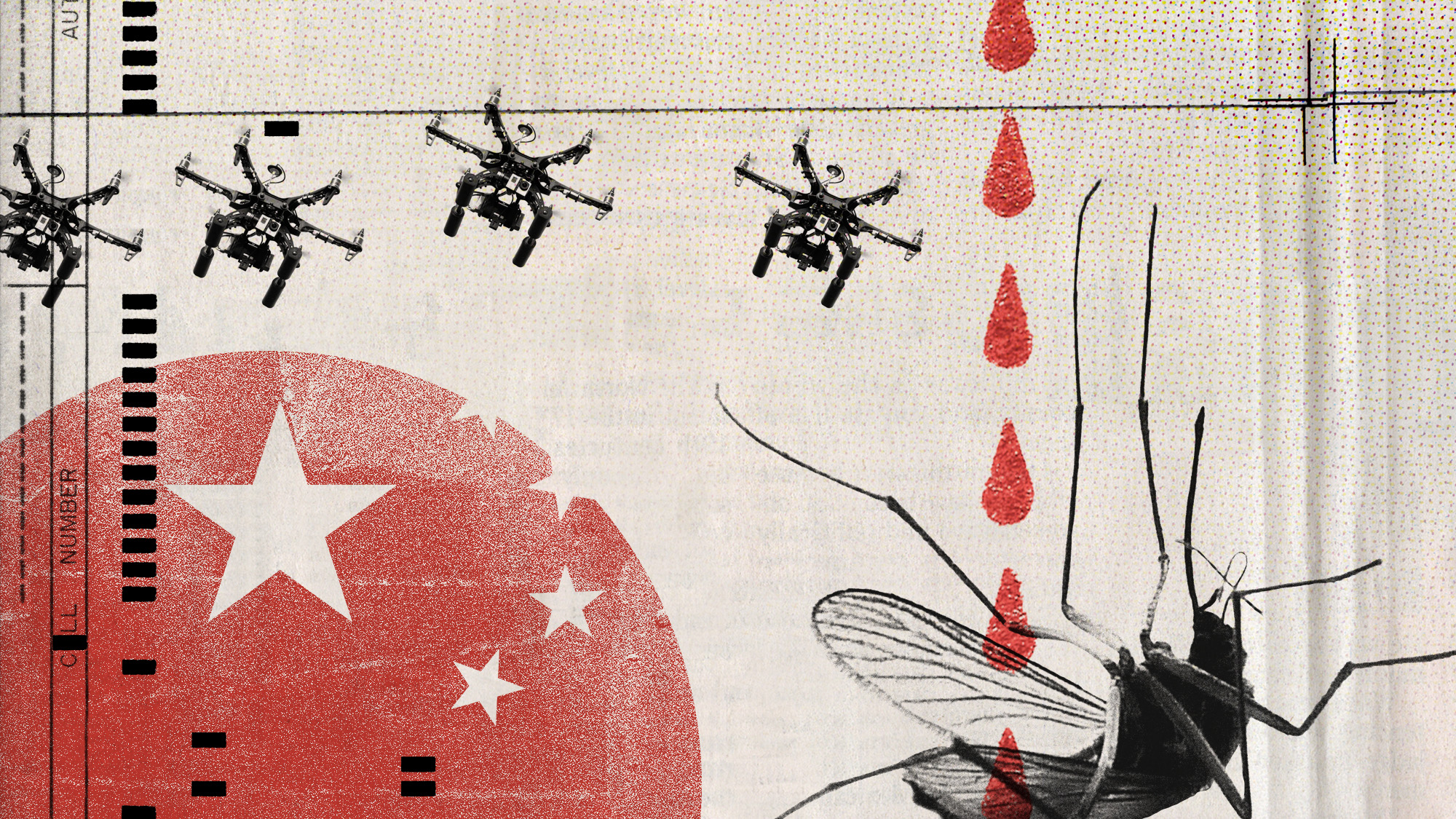China's Xi has few good options as mass protests against 'zero COVID' policy erupt

A free daily email with the biggest news stories of the day – and the best features from TheWeek.com
You are now subscribed
Your newsletter sign-up was successful
Weeks after Chinese President Xi Jinping cemented his status as the country's most dominant leader since Mao Zedong, a series of large protests against his signature "zero COVID" coronavirus-containment policy is challenging his grip on power. Significant protests broke out in at least 10 cities over the weekend, sparked by a deadly apartment fire in the locked-down western city of Urumqi. Some of the protesters are openly calling on Xi to step down, risking jail.

The protests are broad — young, old, university students, factory workers, the middle class, elites, from all parts of China —and Xi has few good options to defuse the widely-shared anger, analysts say.
A "crackdown is predictable," like Tiananmen Square in 1989 and Hong Kong in 2019, Perry Link, a professor at the University of California, Riverside, tells Bloomberg. Xi will "sacrifice all kinds of things in order to stay in control."
The Week
Escape your echo chamber. Get the facts behind the news, plus analysis from multiple perspectives.

Sign up for The Week's Free Newsletters
From our morning news briefing to a weekly Good News Newsletter, get the best of The Week delivered directly to your inbox.
From our morning news briefing to a weekly Good News Newsletter, get the best of The Week delivered directly to your inbox.
"You'd expect them to have a heavy-handed repressive approach, but that risks creating martyrs, fueling another wave and giving a rallying cry to the protesters that have already come out," John Delury, a China expert at Yonsei University in Seoul, tells the Financial Times. "They are smart enough to be aware of the dangers, but they can't just let it happen either."
Easing the strict COVID lockdowns, as the protesters want, would also likely cause a spike in illness and death, especially since a large share of elderly Chinese are unvaccinated or not boosted, and those who are received China's less-effective vaccine. Xi could end China's ban on importing foreign mRNA vaccines and focus on inoculating citizens, but "acknowledging such mistakes would undermine the argument for placing so much authority in the hands of one man," Bloomberg notes.
Yasheng Huang at MIT suggested that "a combination of easing the zero COVID measures while going hard after a few protesters they consider as leaders" would "buy them some time" while not conceptually disavowing the "zero COVID" concept Xi has held up as superior to the West's more laissez faire approach. Xi has really "backed himself into a corner by owning the zero COVID policy," Ho-fung Hung at Johns Hopkins University tells BBC News. "The most rational way for him to handle the situation if protests continue to grow is to pressure local authorities to crack down hard while distancing himself."
"Whatever happens, it is going to take the shine off the start of Xi's third term," Charles Parton, a former British diplomat based in China, tells Bloomberg.
A free daily email with the biggest news stories of the day – and the best features from TheWeek.com
Peter has worked as a news and culture writer and editor at The Week since the site's launch in 2008. He covers politics, world affairs, religion and cultural currents. His journalism career began as a copy editor at a financial newswire and has included editorial positions at The New York Times Magazine, Facts on File, and Oregon State University.
-
 The ‘ravenous’ demand for Cornish minerals
The ‘ravenous’ demand for Cornish mineralsUnder the Radar Growing need for critical minerals to power tech has intensified ‘appetite’ for lithium, which could be a ‘huge boon’ for local economy
-
 Why are election experts taking Trump’s midterm threats seriously?
Why are election experts taking Trump’s midterm threats seriously?IN THE SPOTLIGHT As the president muses about polling place deployments and a centralized electoral system aimed at one-party control, lawmakers are taking this administration at its word
-
 ‘Restaurateurs have become millionaires’
‘Restaurateurs have become millionaires’Instant Opinion Opinion, comment and editorials of the day
-
 A Nipah virus outbreak in India has brought back Covid-era surveillance
A Nipah virus outbreak in India has brought back Covid-era surveillanceUnder the radar The disease can spread through animals and humans
-
 Trump HHS slashes advised child vaccinations
Trump HHS slashes advised child vaccinationsSpeed Read In a widely condemned move, the CDC will now recommend that children get vaccinated against 11 communicable diseases, not 17
-
 Covid-19 mRNA vaccines could help fight cancer
Covid-19 mRNA vaccines could help fight cancerUnder the radar They boost the immune system
-
 FDA OKs generic abortion pill, riling the right
FDA OKs generic abortion pill, riling the rightSpeed Read The drug in question is a generic version of mifepristone, used to carry out two-thirds of US abortions
-
 The new Stratus Covid strain – and why it’s on the rise
The new Stratus Covid strain – and why it’s on the riseThe Explainer ‘No evidence’ new variant is more dangerous or that vaccines won’t work against it, say UK health experts
-
 RFK Jr. vaccine panel advises restricting MMRV shot
RFK Jr. vaccine panel advises restricting MMRV shotSpeed Read The committee voted to restrict access to a childhood vaccine against chickenpox
-
 Texas declares end to measles outbreak
Texas declares end to measles outbreakSpeed Read The vaccine-preventable disease is still spreading in neighboring states, Mexico and Canada
-
 How China is battling the chikungunya virus
How China is battling the chikungunya virusUnder The Radar Thousands of cases of the debilitating disease have been found in the country
